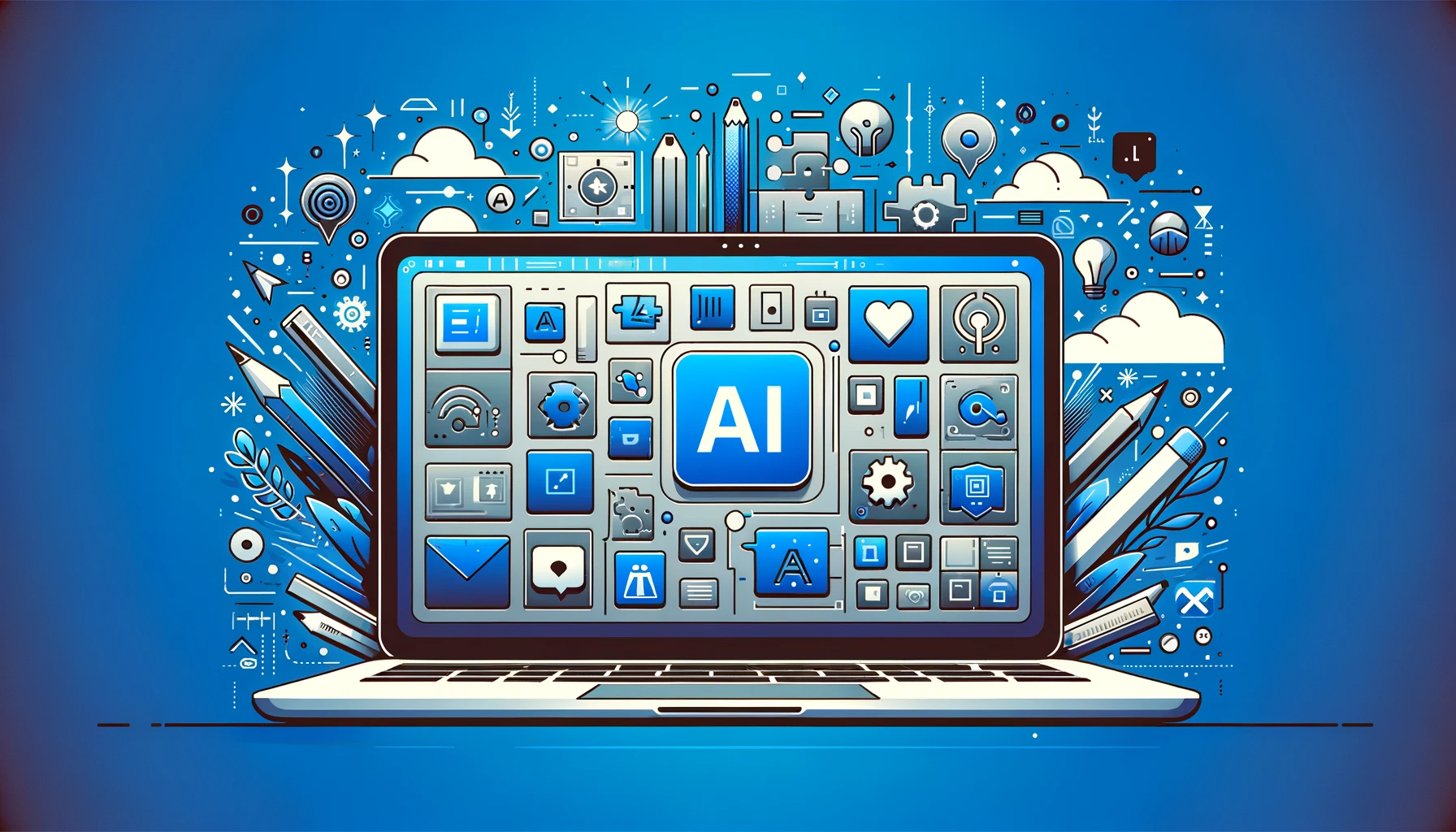What happens when you hear the phrase ‘AI’? Movie buffs like me might think about Blade Runner or The Matrix. Those of a certain age will remember R2-D2 from Star Wars. Even that charming little fellow can make us feel a bit uneasy. Will robots soon take over our lives? Or will they free us from drudgery so we can explore our creative selves?
These are interesting questions, but at Merlin we’re a little more practical and down-to-earth. We thought it would be interesting to help you understand AI, or artificial intelligence, today. How can our clients use it? How could these tools save your business time and money, or give you a competitive advantage?
What we mean by AI
AI describes the ways that some parts of human intelligence can be simulated by computers. Think of a few things that keep our brains busy – like weighing up options, solving problems, or learning a new language. AI mimics how our grey cells deal with these tasks. This allows it to learn from data, make decisions, and adapt when new information arrives.
Every day we see new examples of AI being used in businesses. Here are three from very different sectors:
- In healthcare: AI tools are used to review medical images like X-rays, MRIs, and CT scans to help radiologists spot problems. That means we can do a better, quicker job of detecting early signs of diseases like cancer.
- In entertainment: AI-powered translation tools let creative folk translate (or localise) their content more quickly and accurately. That cuts down language or cultural barriers, so a company can take products into new markets.
- In finance: By tracking patterns, fraud detection systems can spot suspicious activities. These systems can help financial institutions stop fraud in real-time, reducing losses and risks.
How Merlin has used AI
At Merlin, we’ve found that AI is good for crafting marketing messages. Using a free tool called ChatGPT, we’ve put it to work on social media posts, and even blogs. But be careful. At the moment, these tools are best used for getting up-and-running, and producing a first draft. We treat this draft like a work experience student’s first attempt. It’s an okay starting point, but something that needs a proper review.
You can use a web-based version of ChatGPT or download it as an app to your smartphone. It gives you a text box where you simply add your ‘prompts’ or questions. In that respect it’s like a search engine. But you’ll soon see that it feels conversational and has a human-like touch. Keep asking follow-up questions and it’s a lot of fun. Some similar tools also let you generate images and even video from text prompts.
Beyond ChatGPT – the benefits for your business
Thinking about our own clients, we’ve identified five ways that AI might save you time and money:
- Getting more insight from your sales data. There’s now a tool in Excel that lets you ask questions about your data with natural language. In other words, you don’t have to write complicated formulae or code. You don’t have to be an expert in tricky, frustrating tools like pivot tables. You can use it to ask your own questions, getting visual summaries, trends, and patterns in reply. Or it even offers suggested questions as a ‘starter for ten’.
- Streamlining HR. If you have a large workforce, or a high turnover of temporary/seasonal staff, this is worth considering. AI can help automate your recruitment by screening CVs and scheduling interviews. Some companies even run first interviews through chatbots. All of this can save time and resources, especially for those businesses with limited HR staff.
- Energy efficiency. AI-powered systems can look at how you use energy in a business and flag opportunities for savings. Some buildings now use AI-powered systems to control heating, ventilation, and lighting. This can be based on the weather and how many people are on-site, for example. AI tools can adjust the temperature, dim lights, and manage energy-hungry appliances to minimise waste.
- Increase automation. Every business has repetitive tasks – reducing them can free your team for more valuable activity. For example, AI can automate data that you collect from your website. It can also be used to filter and categorise customer service inquiries, or routine administrative tasks.
- Managing stock. If your company sells physical items, you’ll know this is hard to get right. AI can forecast future demand for your products, based on past sales data, market trends and seasonal patterns. That means holding the right stock levels to meet customer needs, without holding too much inventory.
What’s the first step you could take?
Some of the examples we’ve used might need specialist help to bring them to life. But if all this is new to you, just start with some baby steps. There are a number of tools for beginners, with easy-to-use interfaces.
As well as ChatGPT, other options for beginners include Google Cloud AI Platform and Microsoft Azure AI. Google also provides tutorials for getting started with AI on their platform. TensorFlow.js is a good option for those who have some web development experience. These tools have a good balance of user-friendliness and training material.
For most of us using AI, it’s early days. R2-D2 won’t be answering our office phone for a while yet. But bit-by-bit, these technologies are re-shaping industries and our daily lives. Let’s embrace that with optimism and curiosity. It’s new territory for everyone, and will affect us as much as any of our clients. So if you’re starting to look at AI in your business, we’d love to hear how you’re getting on. Good luck!
How Merlin can help
To find out more about our approach to helping you reach your goals, please contact us. Our clients say that it’s useful to have a numerate friend prodding their thinking, especially one who understands the issues. If you’re not already a client, please get in touch here. You’ll find us a good fit if you’re looking for an accountant as an investment – rather than just a cost.

